As the global automotive industry steadily shifts toward electric mobility, new possibilities are unfolding for various suppliers and manufacturers. Among them, Automotive Grille Manufacturers are discovering fresh opportunities in the growing electric vehicle (EV) market. While electric vehicles differ significantly in design and engineering compared to traditional internal combustion engine (ICE) cars, the role of grilles has not diminished. Instead, it has transformed, offering Automotive Grille Manufacturers a chance to redefine their product concepts and adapt to new consumer and market expectations.
Traditionally, vehicle grilles have served as ventilation systems, allowing air to cool the engine and other components under the hood. However, electric vehicles produce less heat and have different cooling requirements, especially for battery systems and electronics. This shift has prompted Automotive Grille Manufacturers to reconsider the primary function of their products.
Today, grilles on electric vehicles often serve more aesthetic and technological purposes. Many new EV designs feature closed or semi-closed grilles that create a smooth, aerodynamic front while housing sensors and cameras used for advanced driving features. Automotive Grille Manufacturers are now developing designs that focus on visual appeal and the integration of smart technologies rather than traditional ventilation alone.
As vehicle manufacturers aim to distinguish their EV models from conventional cars, grilles have become an important styling element. Manufacturers play a key role in helping brands establish unique front-end designs that signal modernity and environmental responsibility.
The grille area of an electric vehicle offers creative opportunities for innovative patterns, integrated lighting, and distinctive surface textures. Automotive Grille Manufacturers are responding by offering a wider range of customizable designs that allow automakers to create recognizable model lineups. This trend is opening new product categories, including illuminated grilles and modular grille panels that can be updated with different finishes and materials.
As electric vehicles adopt sophisticated driver-assistance systems and autonomous driving features, the front of the vehicle requires strategically placed sensors, cameras, and communication modules. Automotive Grille Manufacturers are uniquely positioned to develop grille solutions that seamlessly house these components.
Grille designs now often incorporate radar sensors, lidar systems, and vehicle-to-everything (V2X) communication devices without disrupting the vehicle’s aesthetic harmony. Automotive Grille Manufacturers work closely with automotive engineers to ensure these critical technologies function properly while maintaining the vehicle’s overall design language. This area represents one of the growing opportunities for innovation in the EV market.
Reducing vehicle weight remains a key goal for improving electric vehicle efficiency and range. Automotive Grille Manufacturers are contributing to this effort by exploring advanced materials that are lighter, more durable, and easier to recycle. Traditional metal grilles are increasingly being replaced with high-performance plastics, composite materials, and sustainable alternatives.
These materials offer flexibility in design, enabling Manufacturers to create intricate shapes, illuminated elements, and textured finishes while keeping weight to reduced. Additionally, the use of new coatings and finishes enhances durability and surface appearance, meeting the expectations of EV consumers.
As electric vehicles are being produced and sold in a growing number of global markets, Automotive Grille Manufacturers are adjusting their production strategies. Efficient, responsive supply chains are essential to meet the diverse needs of automakers launching new EV models worldwide.
To stay competitive, Automotive Grille Manufacturers are expanding production capacities, investing in regional manufacturing centers, and adopting digital tools for design and logistics management. This ensures timely deliveries and product consistency, supporting automakers as they scale up EV production in multiple regions.
The electric vehicle sector has attracted numerous new market entrants and technology-driven startups. Unlike traditional automakers, these companies often seek innovative designs and advanced integrations in their vehicle exteriors. Automotive Grille Manufacturers are increasingly partnering with such companies to deliver custom solutions tailored to unique model concepts.

 English
English 日本語
日本語 Français
Français Deutsch
Deutsch Español
Español 简体中文
简体中文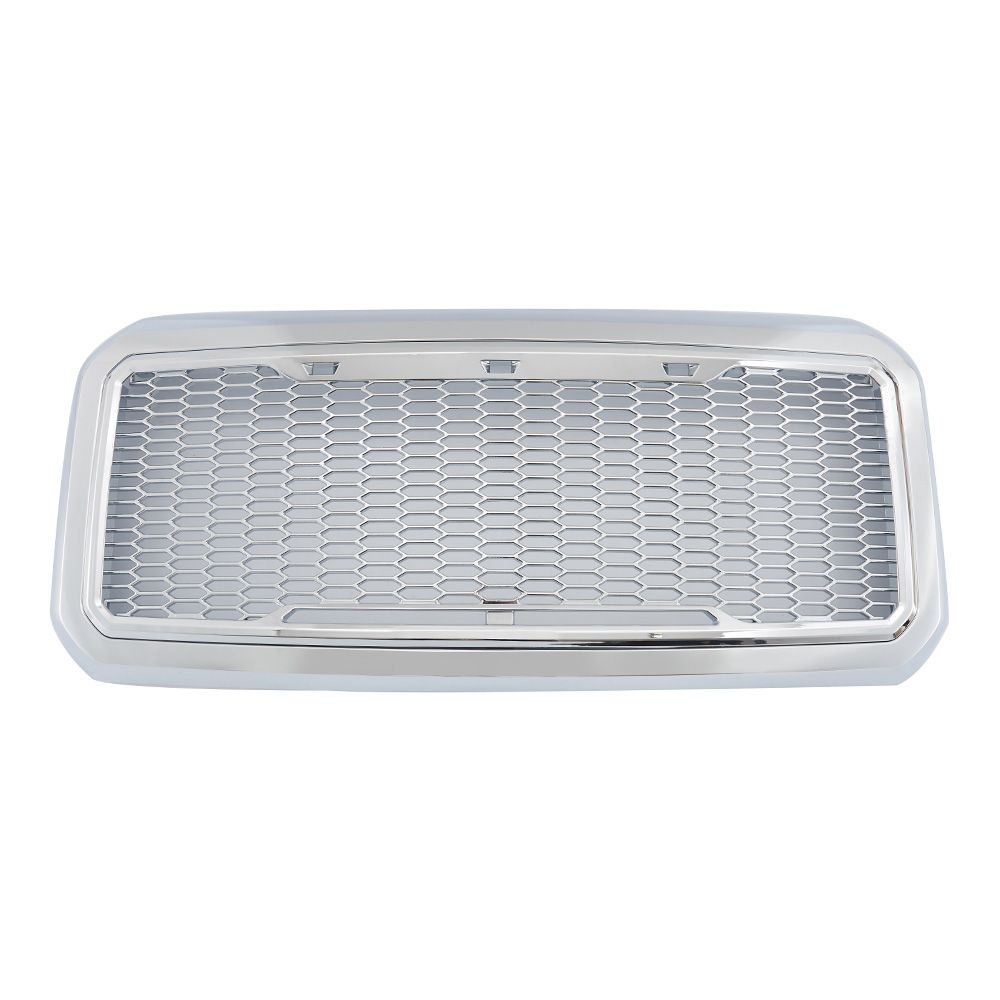
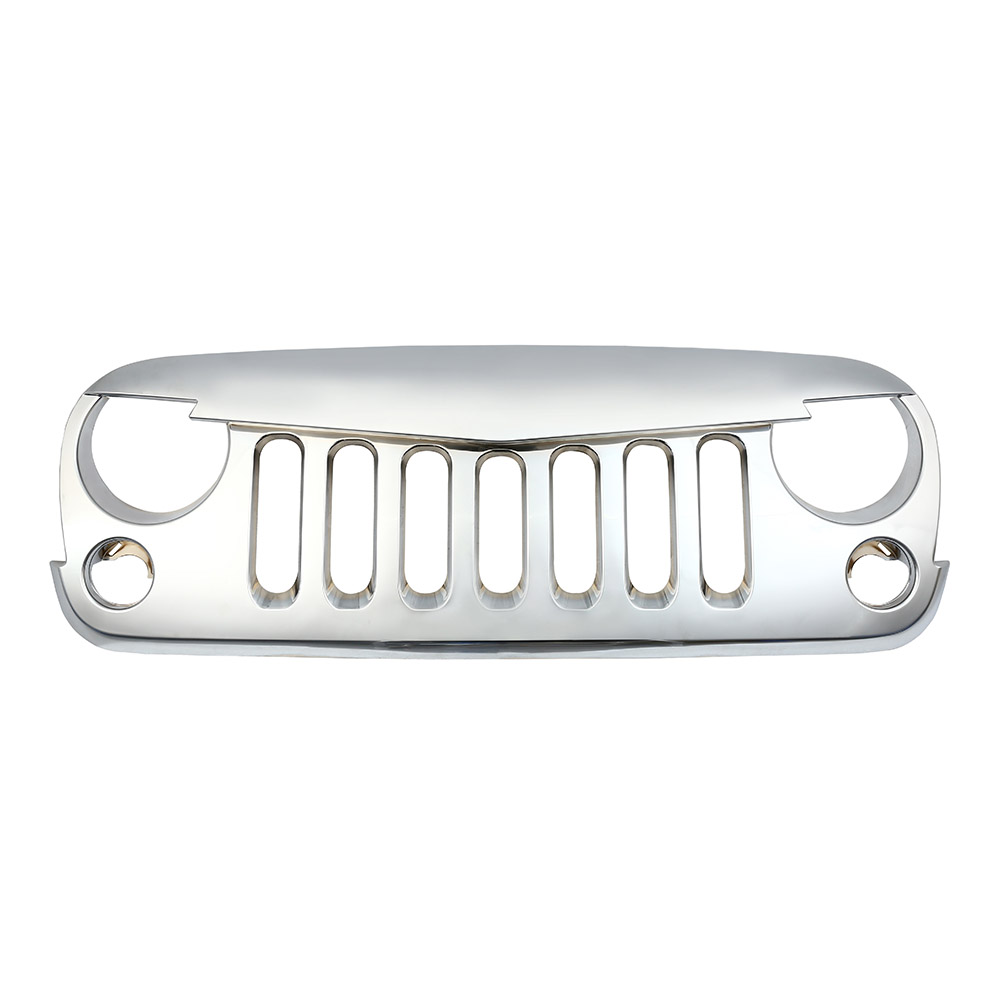
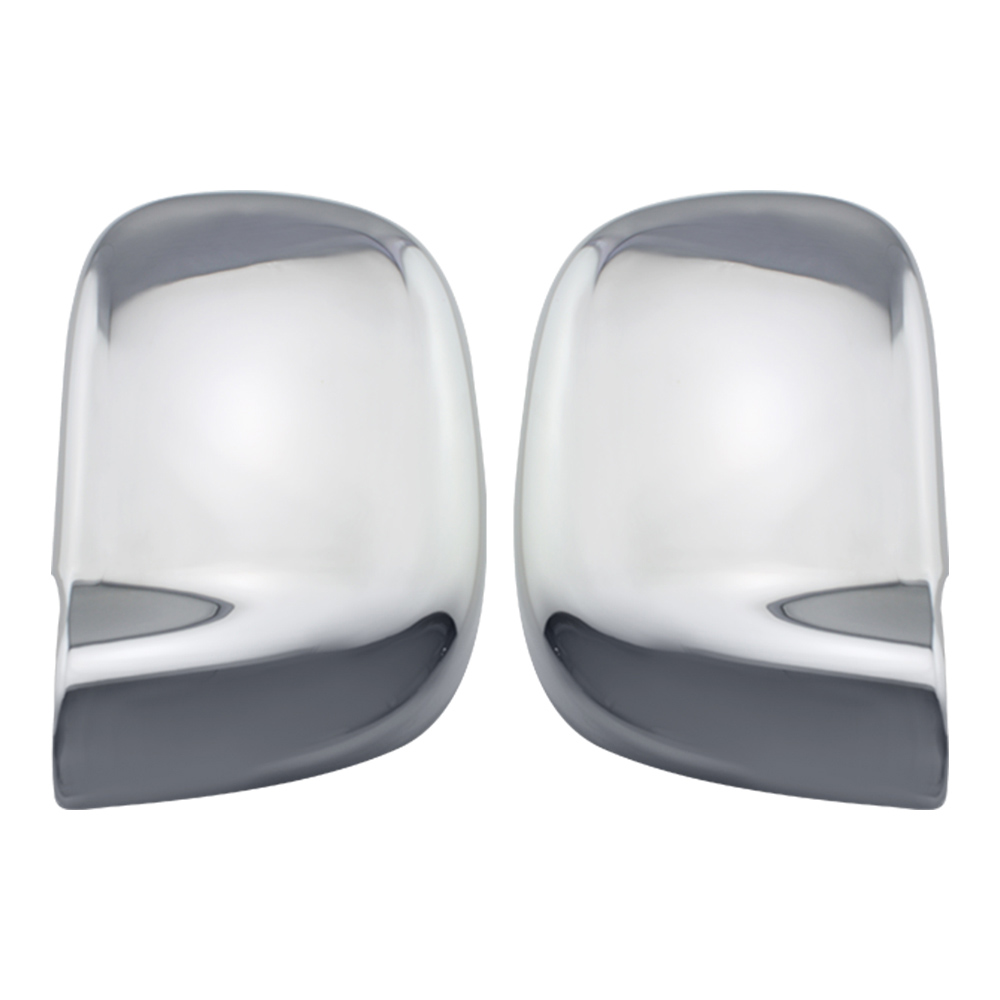 View More >>
View More >>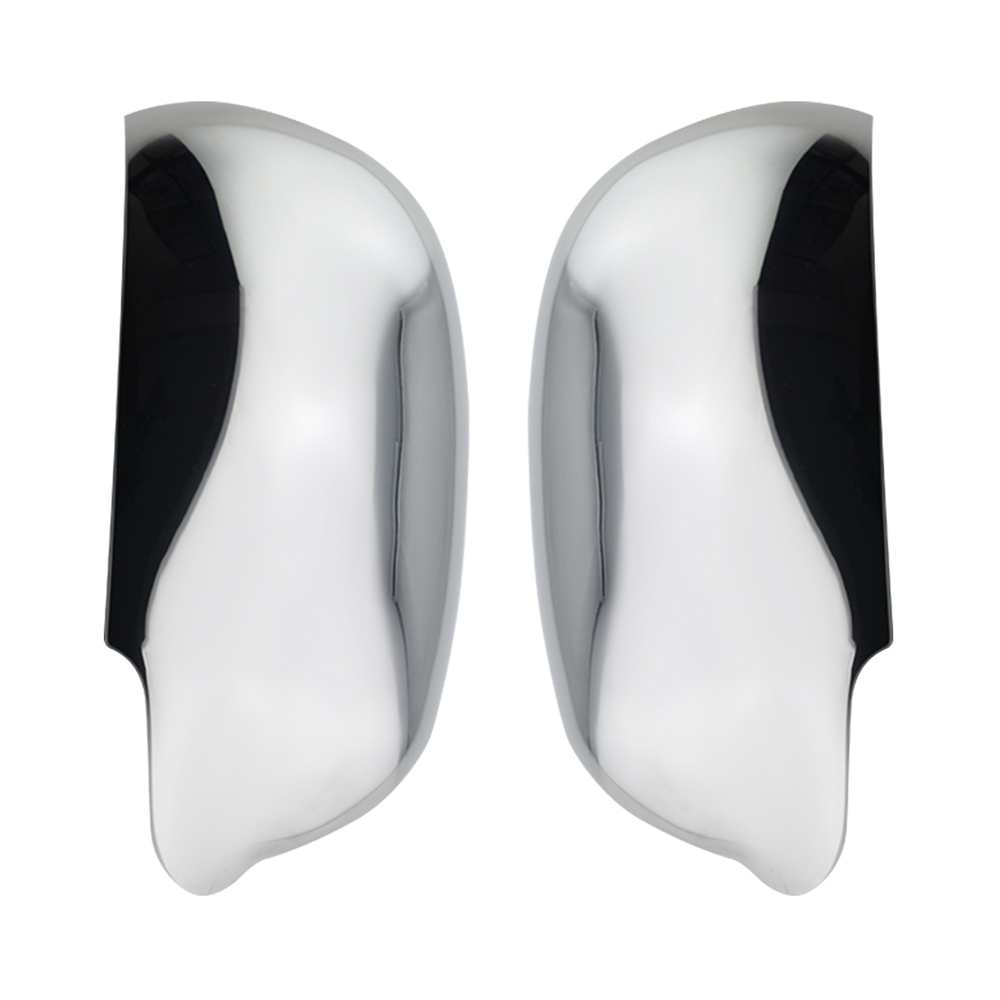 View More >>
View More >>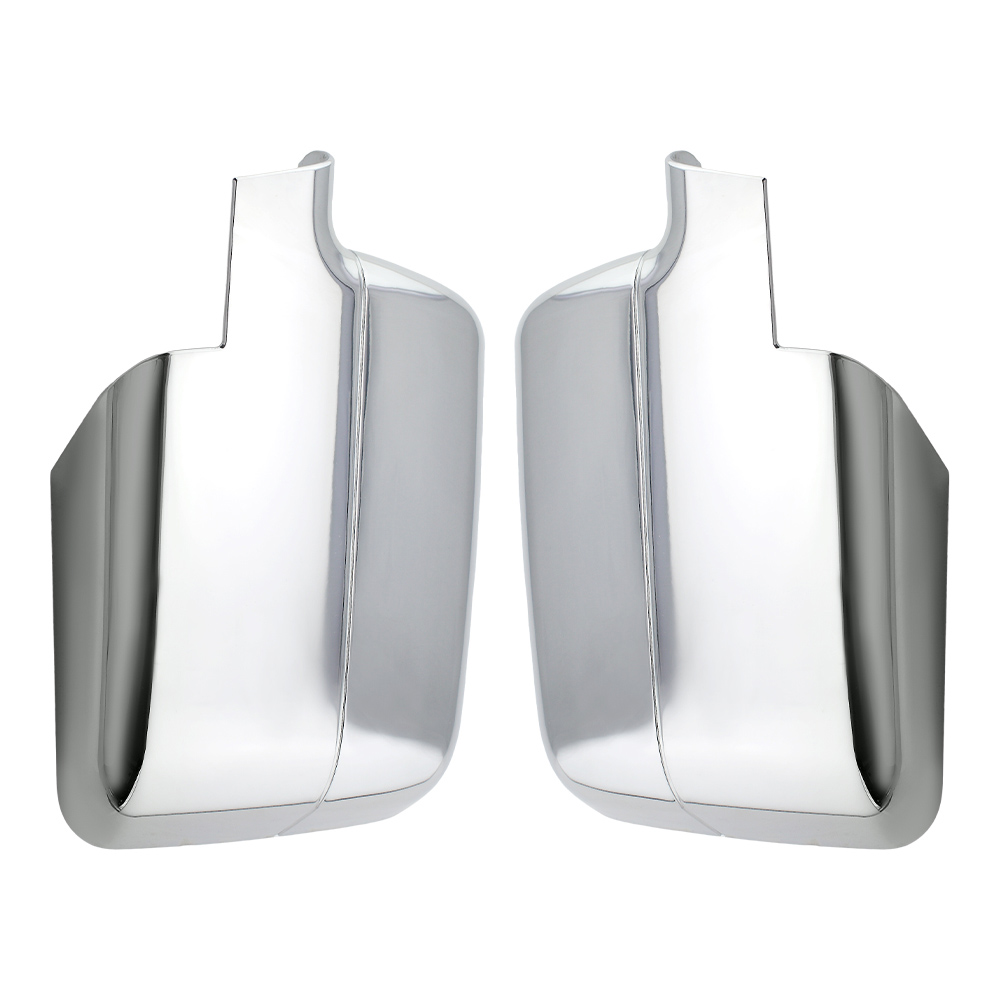 View More >>
View More >>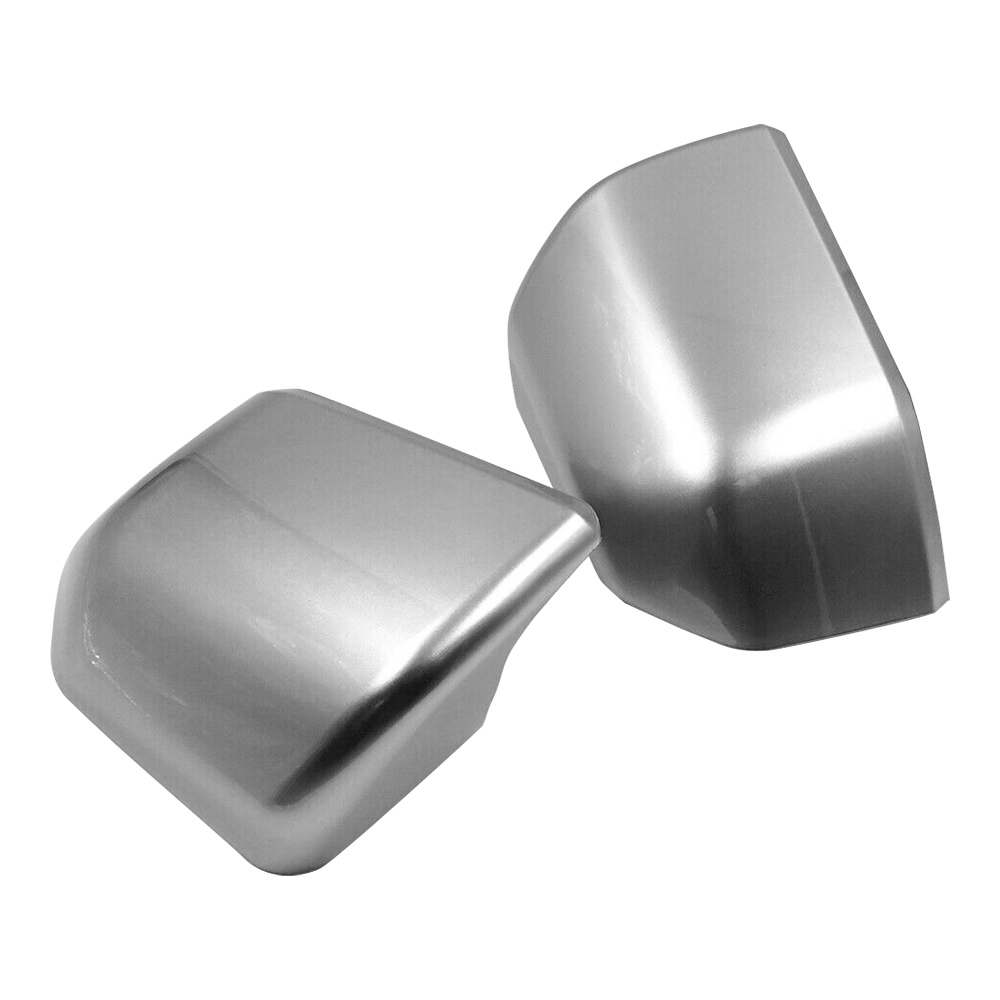 View More >>
View More >>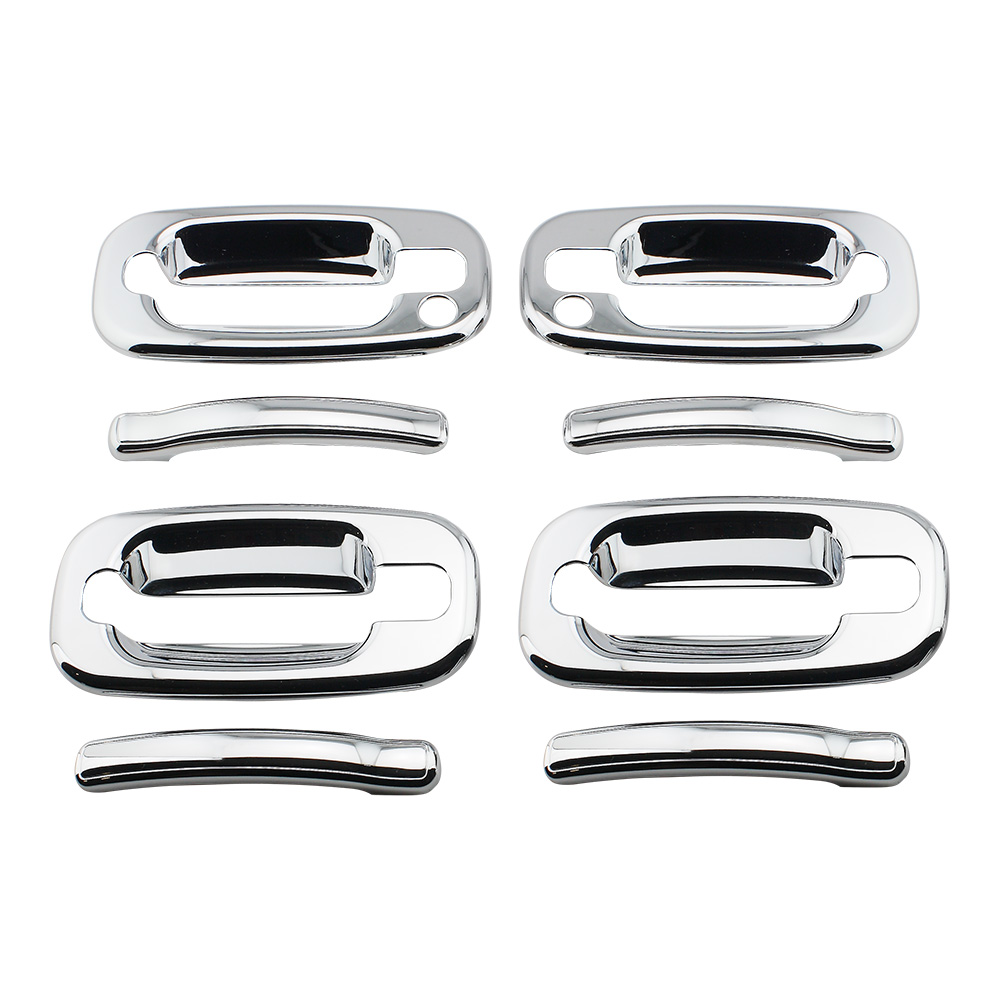 View More >>
View More >>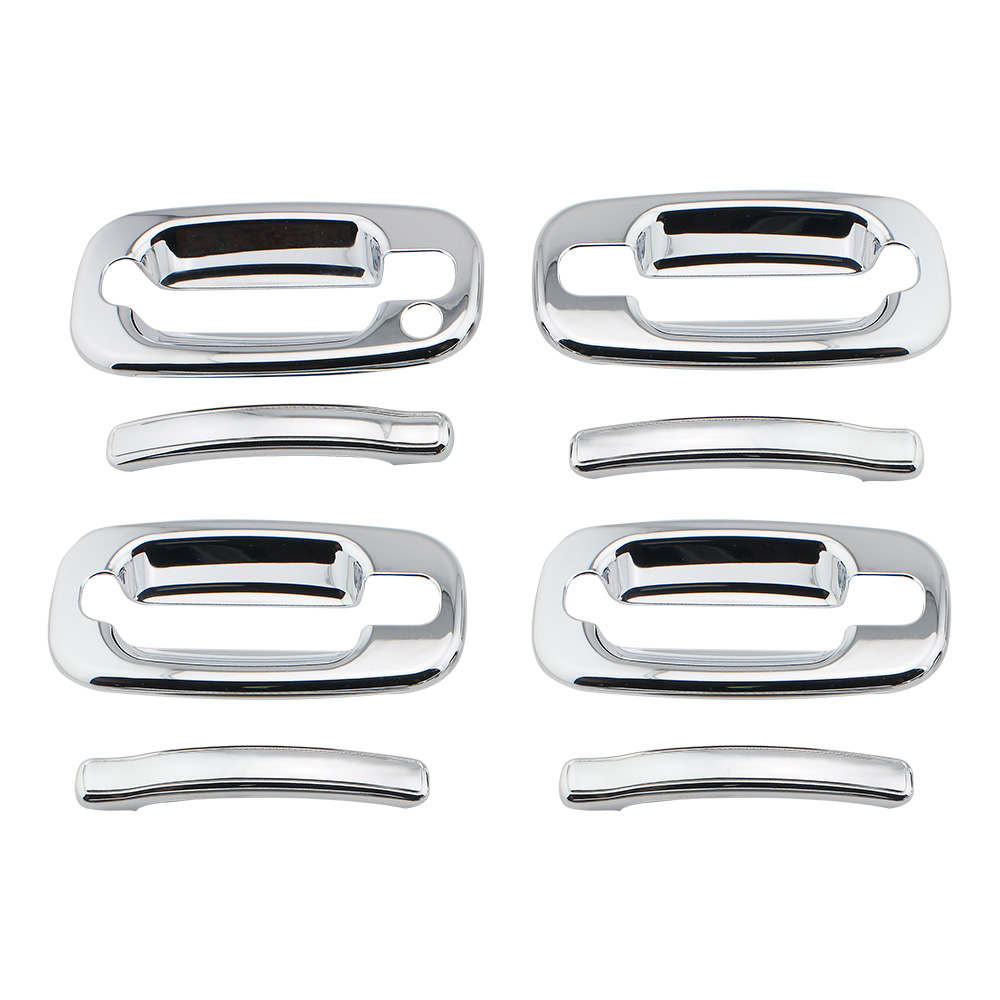 View More >>
View More >>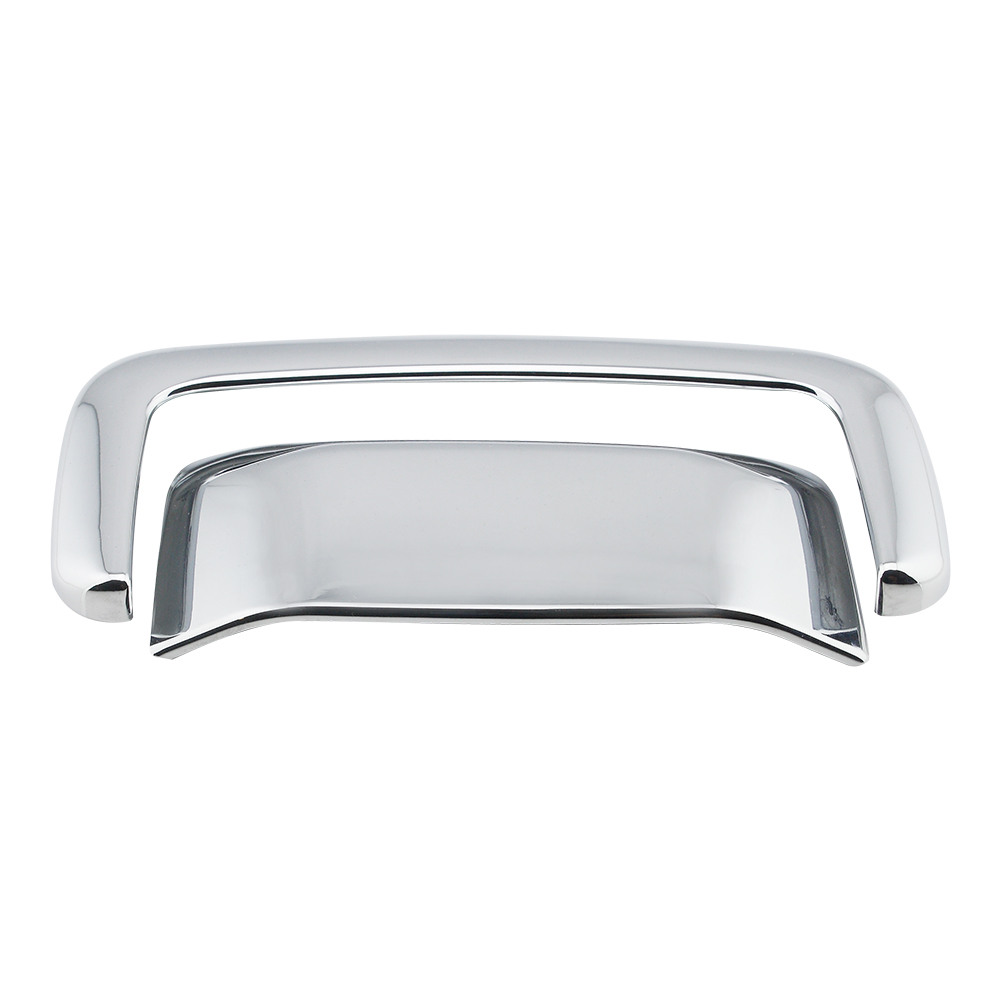 View More >>
View More >>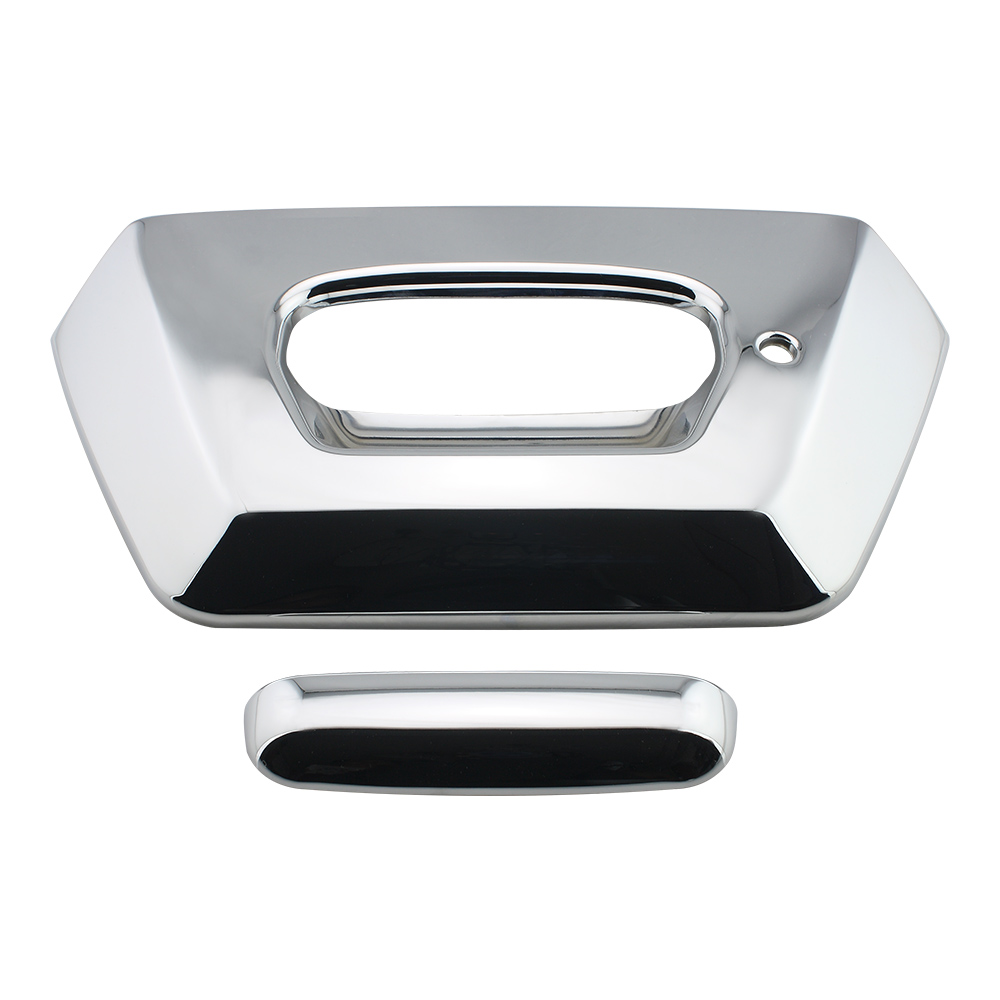 View More >>
View More >>(canaddletterfordraptor)-1.jpg) View More >>
View More >>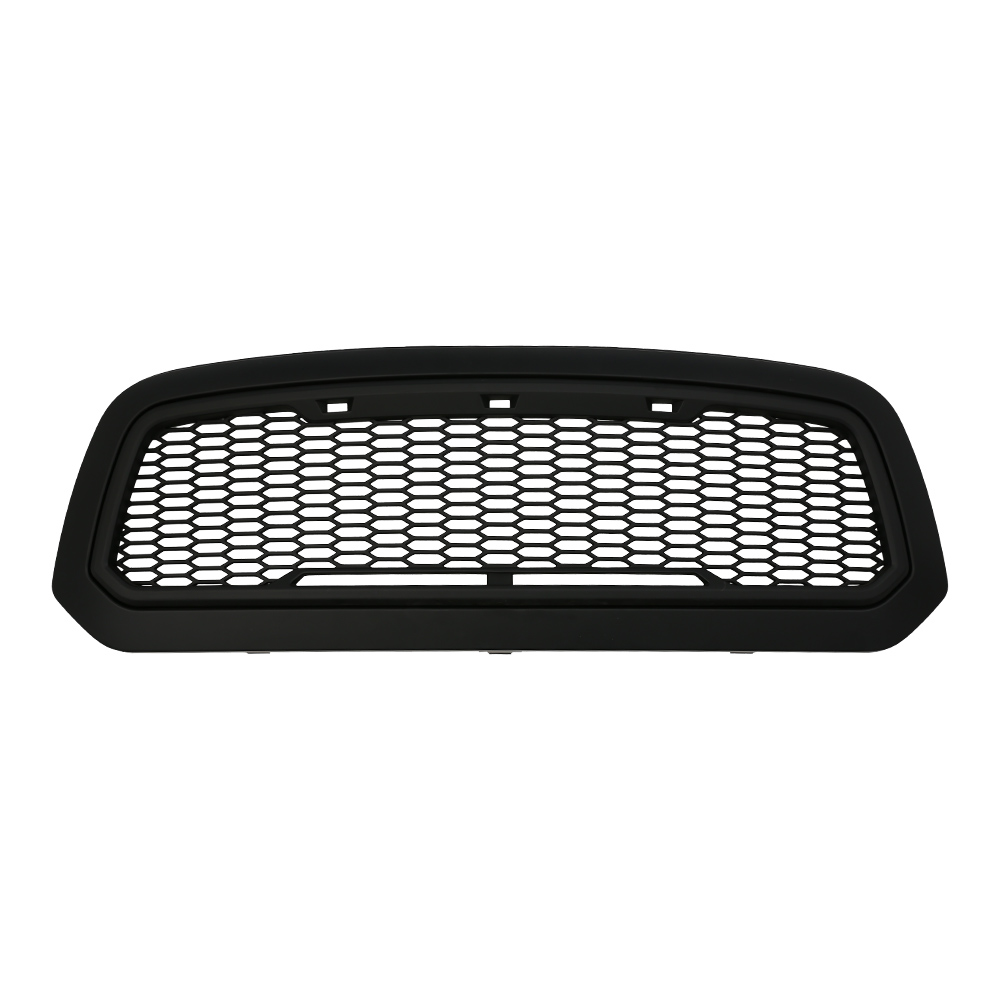 View More >>
View More >>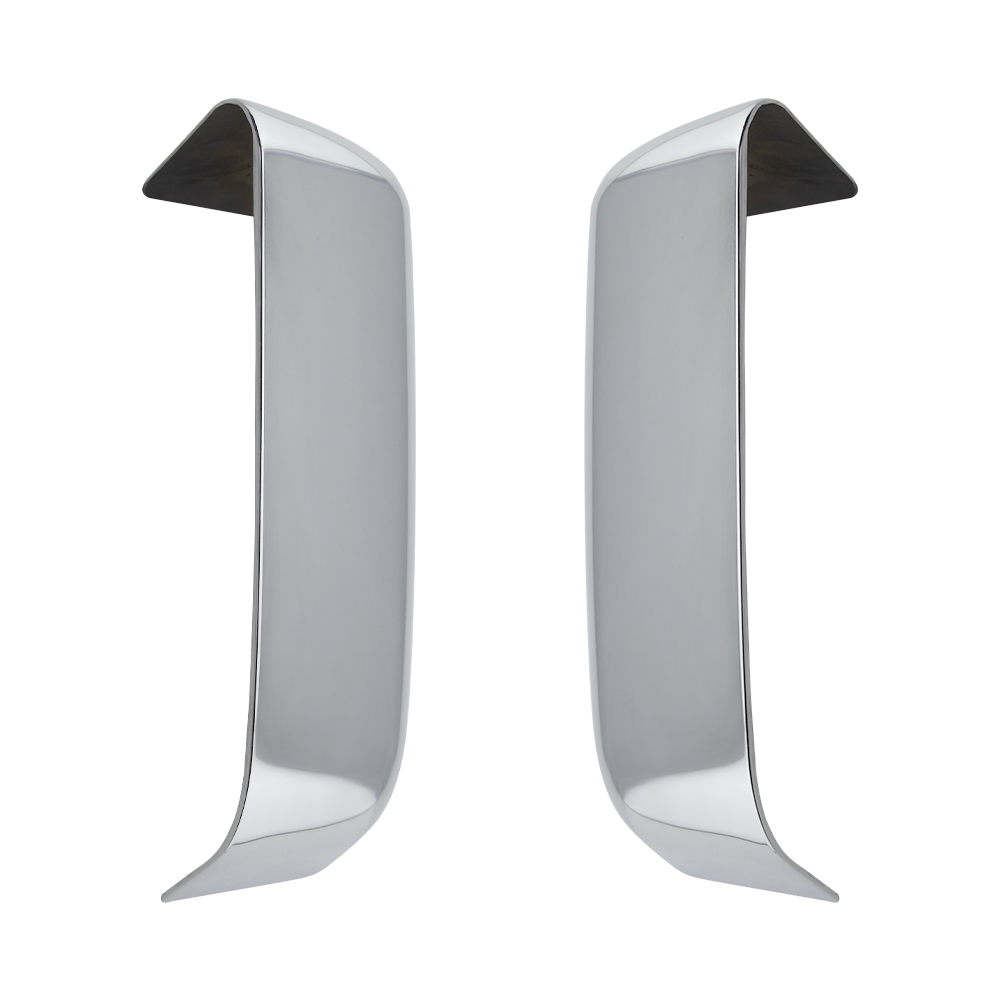 View More >>
View More >>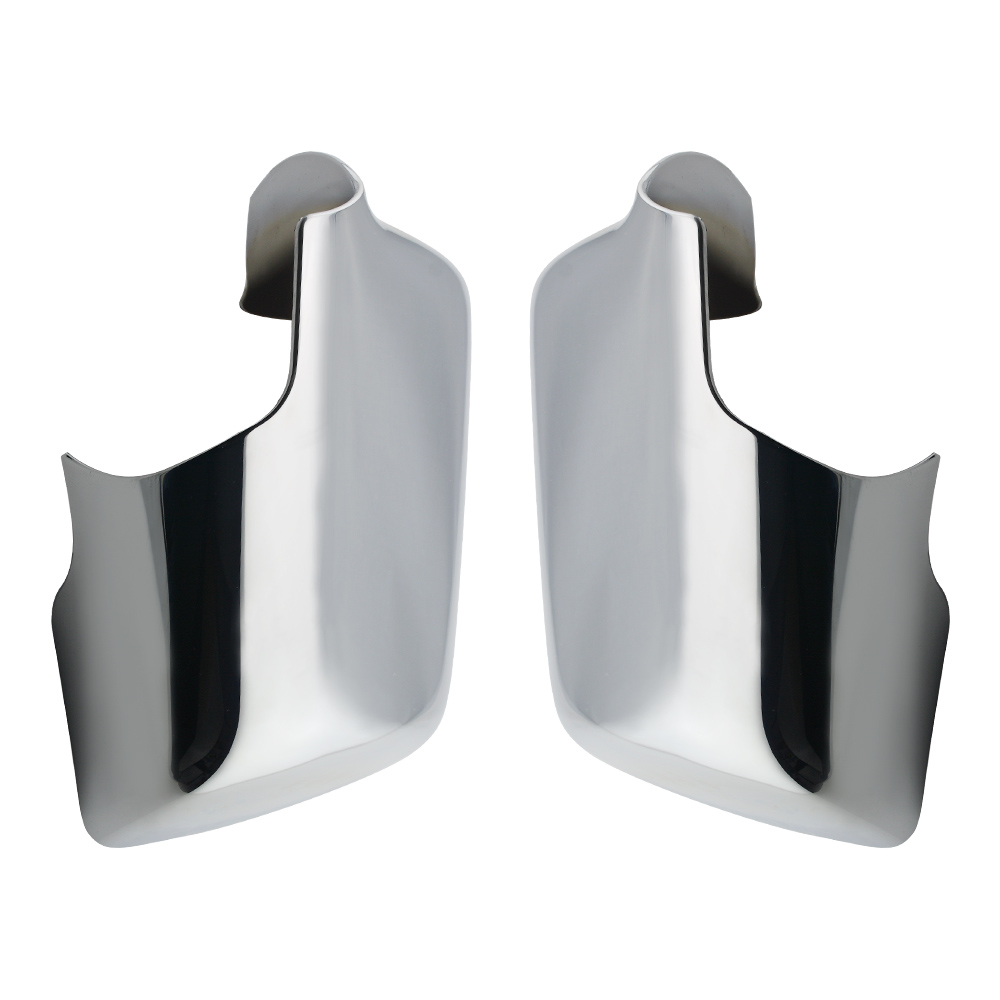 View More >>
View More >>
